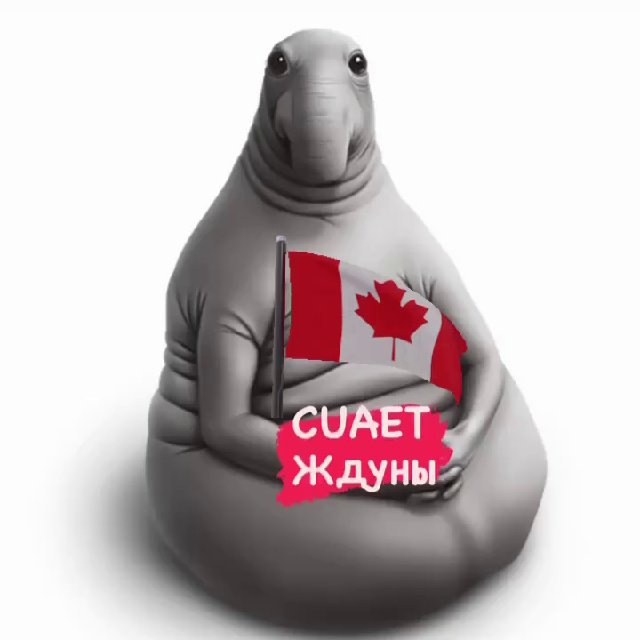• Your spouse’s application number. Your Ukrainian spouse must have submitted an
application under the CUAET program or be in Canada with valid status in order for you to be
eligible under the program requirements.
If you are a family member of a Ukrainian national, subsection 4(1) of the Immigration and
Refugee Protection Regulations states that for the purposes of these Regulations, a foreign
national shall not be considered a spouse, a common-law partner or a conjugal partner of a
person if the marriage, common-law partnership or conjugal partnership:
(a) was entered into primarily for the purpose of acquiring any status or privilege under the Act; or
(b) is not genuine.
Based on the assessment of your information, including your application, the supporting
documentation, and the information you provided, I am not satisfied that your relationship to your
spouse is genuine or that it was not entered into primarily for the purpose of acquiring a status or
privilege under the Act.
B. Dependent child: Please provide evidence that you are a dependent child of a Ukrainian
national, the dependent child of the spouse / common-law partner of a Ukrainian national, or the
dependent child of a dependent child of a Ukrainian national. Such evidence could include the
following:
• Your birth certificate. If your birth certificate is in a language other than English or French,
please also provide an English or French translation.
• Your parent(s) proof of Ukrainian citizenship.
• Evidence that your non-Ukrainian citizen parent is in in a genuine relationship with a
Ukrainian citizen.
• Evidence that your non-Ukrainian citizen parent is a dependent child of a Ukrainian citizen.
• Your parent(s) application number(s).
If you are a family member of a Ukrainian national, subsection 2 of the Immigration and Refugee
Protection Regulations states that for the purposes of these Regulations, a dependent child, in
respect of a parent, means a child who
(a) has one of the following relationships with the parent, namely,
(i) is the biological child of the parent, if the child has not been adopted by a person other
than the spouse or common-law partner of the parent, or
Immigration and Medical Services Division | Section des services d’immigration et des services médicaux
High Commission of Canada | Haut-commissariat du Canada
Canada House | La Maison du Canada
Trafalgar Square
London, UK SW1Y 5BJ
www.UnitedKingdom.gc.ca / www.Royaume-Uni.gc.ca
3/4
(ii) is the adopted child of the parent; and
(b) is in one of the following situations of dependency, namely,
(i) is less than 22 years of age and is not a spouse or common-law partner, or
(ii) is 22 years of age or older and has depended substantially on the financial support of
the parent since before attaining the age of 22 years and is unable to be financially self supporting due to a physical or mental condition.
Based on the assessment of your information, including your application, the supporting
documentation, and the information you provided, I am not satisfied that you are the dependent
child of a Ukrainian national, the dependent child of the spouse / common-law partner of a
Ukrainian national, or the dependent child of a dependent child of a Ukrainian national.
Please note that if it is found that you have engaged in misrepresentation in submitting your application,
you may be found to be inadmissible under section 40(1)(a) of the Immigration and Refugee Protection
Act. A finding of such inadmissibility would render you inadmissible to Canada for a period of five years
according to section 40(2)(a):
40(1) A permanent resident or a foreign national is inadmissible for misrepresentation
(a) for directly or indirectly misrepresenting or withholding material facts relating to a relevant
matter that induces or could induce an error in the administration of this Act
40(2) The following provisions govern subsection (1):
(a) the permanent resident or the foreign national continues to be inadmissible for

